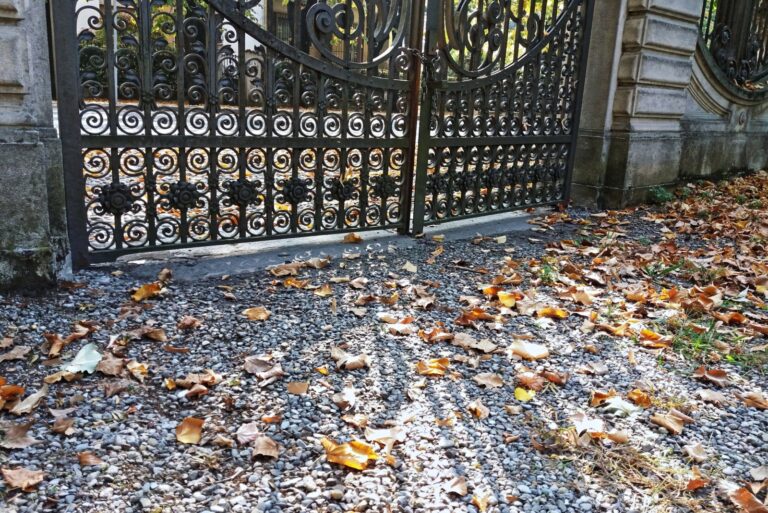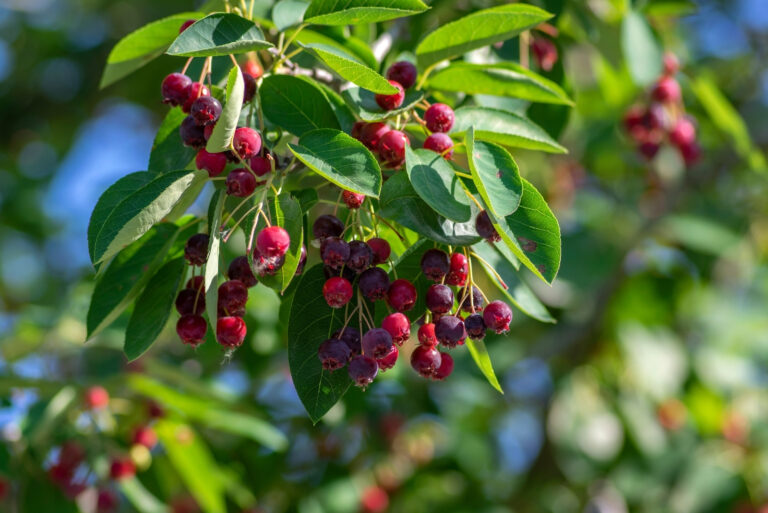12 Yard Features That May Not Be Allowed Much Longer In Maryland
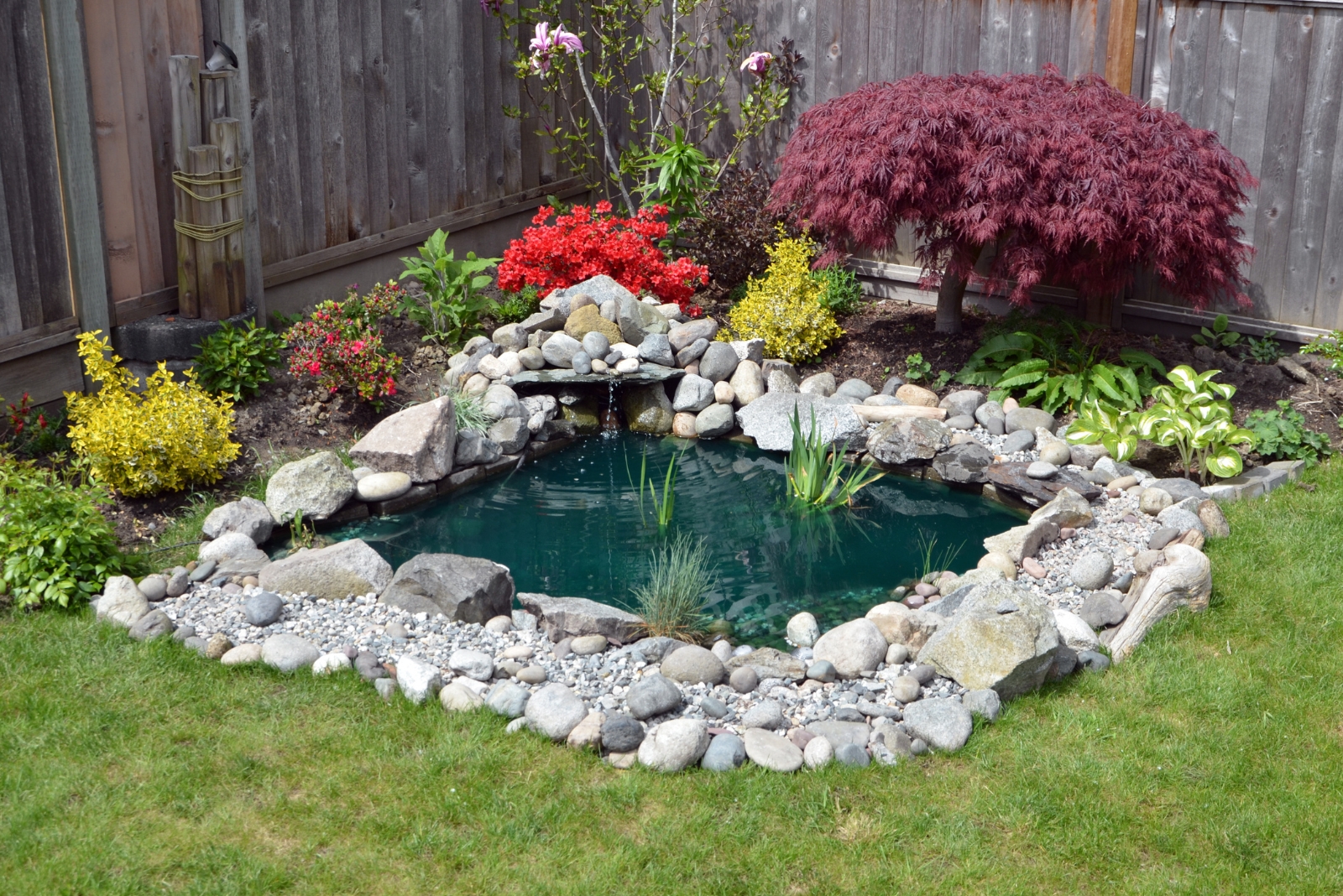
Maryland’s landscape rules and local ordinances are shifting as communities respond to environmental concerns, water use, and neighborhood safety. Features that were once common in backyards are now being questioned—or phased out—in favor of more sustainable and low-impact options.
Homeowners who want to avoid fines, removal orders, or costly do-overs should know what may be on the chopping block. These are 12 yard features in Maryland that may not be allowed much longer.
1. Gas-Powered Leaf Blowers
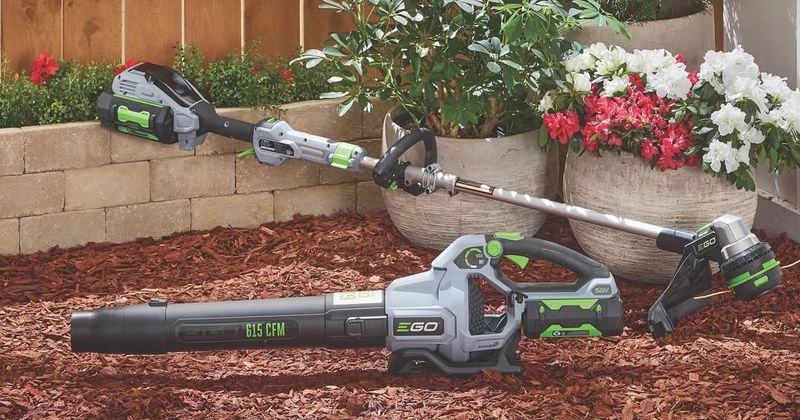
Noisy mornings filled with roaring engines might become a thing of the past. Maryland communities are moving toward banning gas-powered leaf blowers because they create pollution and disturb neighborhoods.
Electric models offer quieter alternatives that work just as well. Some cities have already started phasing out gas versions during certain hours.
Switching now means you’ll stay ahead of upcoming restrictions and keep your neighbors happy.
2. Synthetic Turf And Artificial Grass
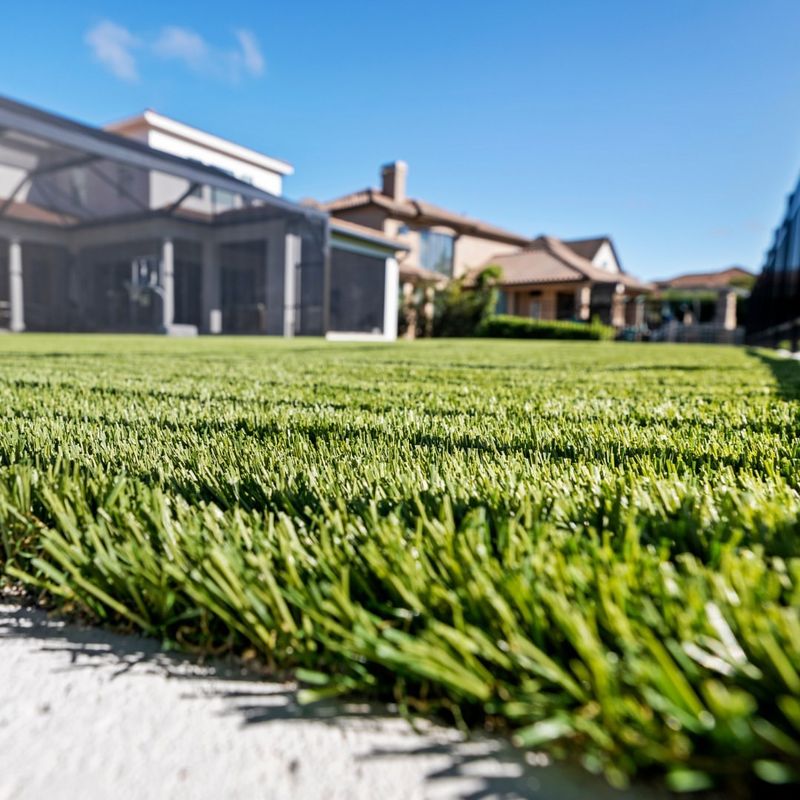
Fake grass seems like an easy solution for lawn care, but environmental concerns are growing. Synthetic turf prevents rainwater from soaking into the ground, which can worsen flooding and harm local water systems.
Maryland officials worry about the plastic waste and chemicals these materials release. Natural grass helps filter pollutants and supports beneficial insects.
If regulations tighten, homeowners might face removal costs and replacement requirements for their artificial lawns.
3. Invasive Ornamental Plants
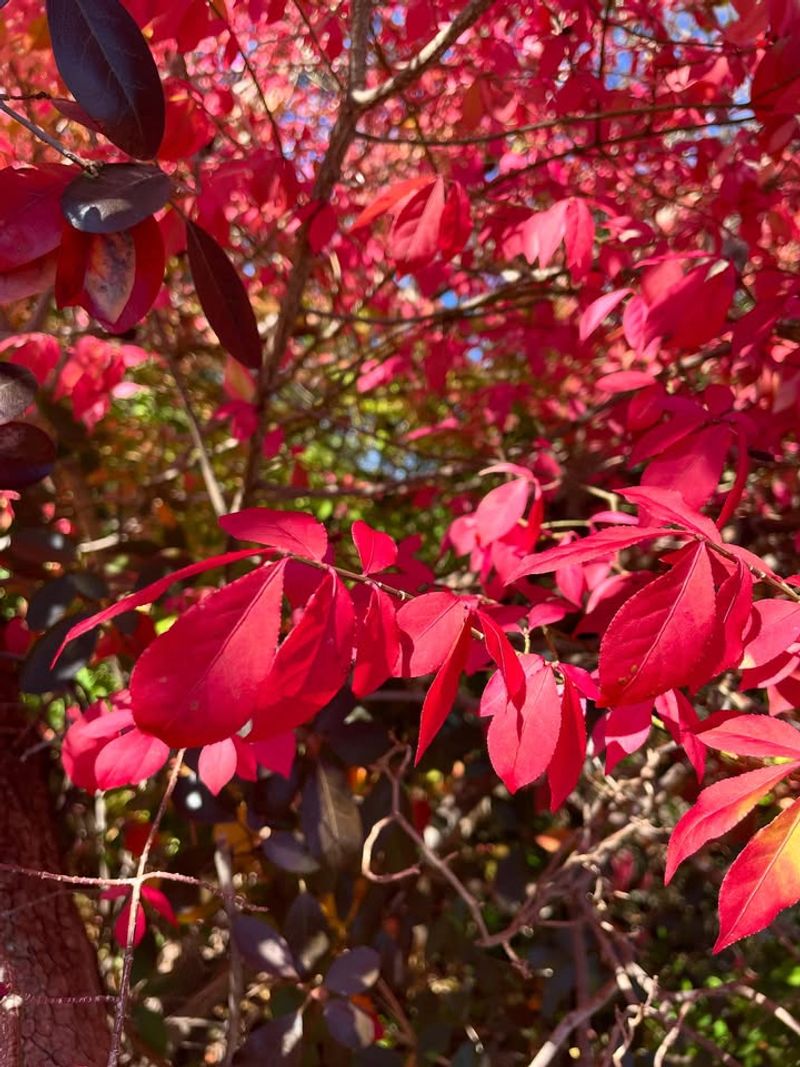
Beautiful doesn’t always mean beneficial when it comes to landscaping choices. Plants like English ivy, burning bush, and certain bamboo species spread aggressively and choke out native vegetation.
Maryland is cracking down on invasive species that damage ecosystems and cost millions in control efforts. Selling and planting these troublemakers could soon be illegal statewide.
Choosing native plants instead creates healthier habitats for birds, butterflies, and other wildlife while keeping you compliant.
4. Excessive Lawn Fertilizer Use

That super green lawn might come with hidden costs to the Chesapeake Bay. Fertilizer runoff carries nitrogen and phosphorus into waterways, causing harmful algae blooms that kill fish and plants.
Maryland already restricts fertilizer application timing and amounts in many areas. Stricter limits are expected as the state works to meet bay cleanup goals.
Using less fertilizer or switching to organic options protects water quality and prepares you for tougher regulations ahead.
5. Concrete And Impervious Surfaces
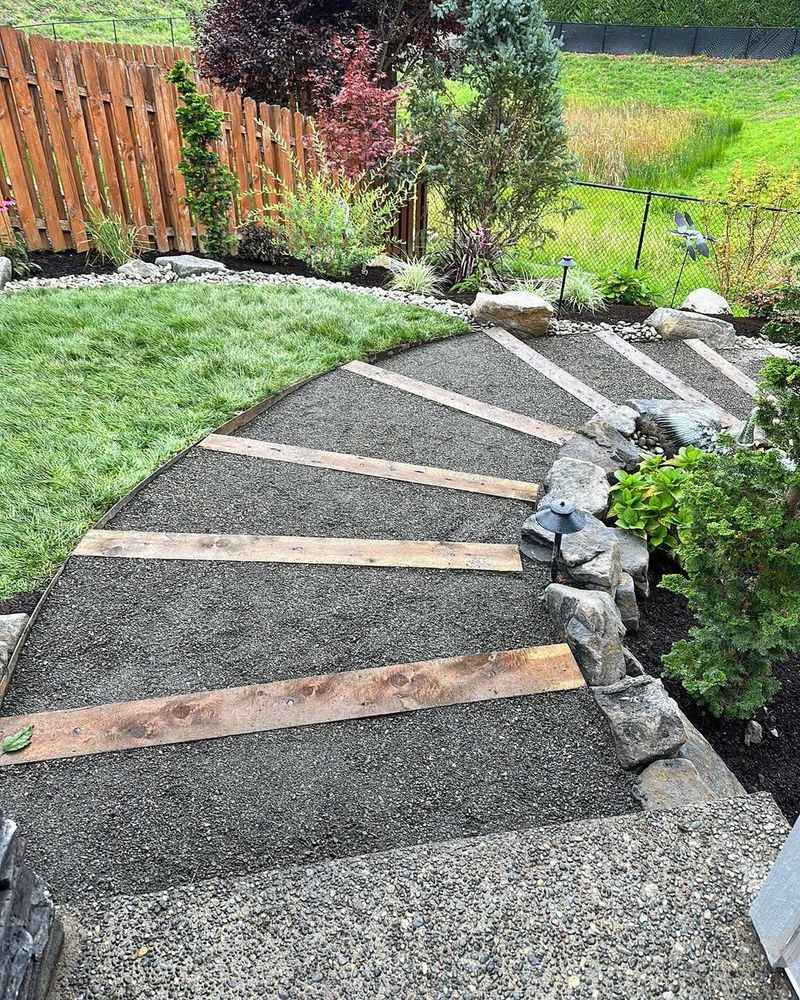
Covering your yard with concrete, asphalt, or pavers creates problems during storms. Impervious surfaces prevent water absorption, leading to flooding and polluted runoff reaching streams and the bay.
Maryland counties are considering limits on how much hardscape homeowners can install. Permeable alternatives like gravel or porous pavers allow water to filter through naturally.
Planning projects with drainage in mind now could save you from expensive retrofits when new rules take effect.
6. Tall Privacy Fences Over Six Feet
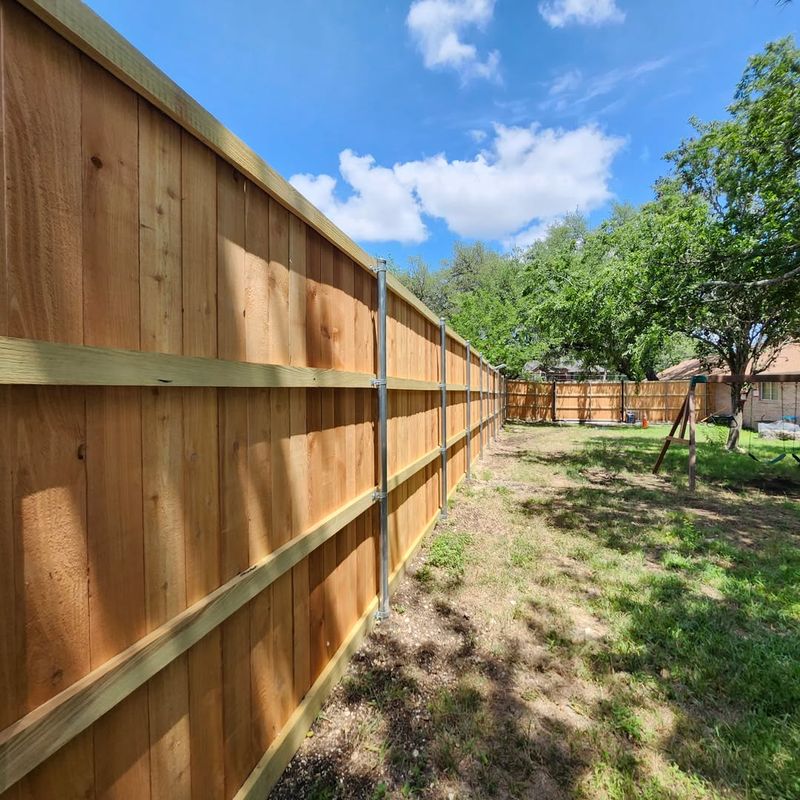
Sky-high fences might seem perfect for privacy, but many Maryland neighborhoods are rethinking height limits. Tall barriers can create wind tunnels, block natural light, and make properties feel closed off from the community.
Local zoning boards are enforcing stricter rules about fence heights and placement. Some areas already require special permits for anything over six feet.
Checking your local codes before building prevents violations and potential removal orders down the road.
7. Backyard Chickens Without Permits
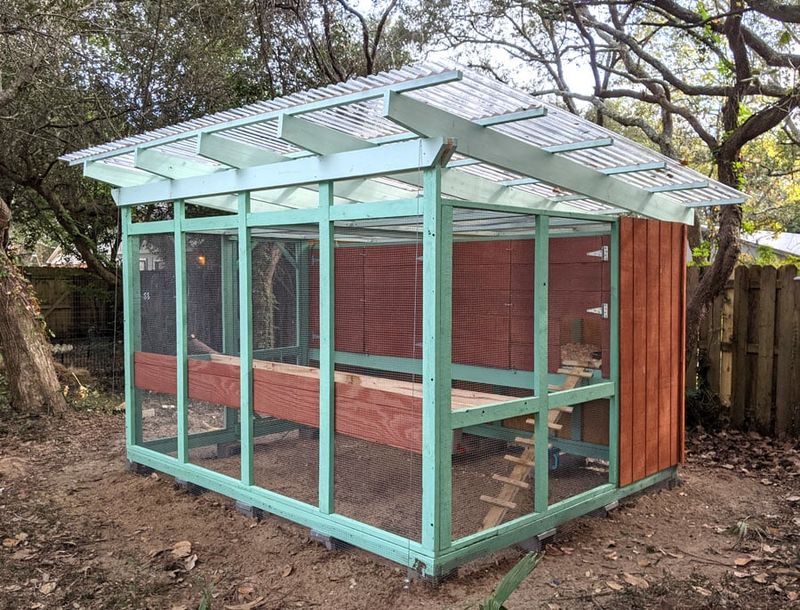
Fresh eggs from your own hens sound wonderful until neighbors complain about noise and smells. Maryland communities are creating detailed rules about keeping backyard chickens, including permit requirements and flock size limits.
Some areas ban roosters entirely while others restrict coop locations and maintenance standards. Violating these rules can result in fines and forced removal.
Getting proper permits and following guidelines ensures your feathered friends can stay legally and keeps neighborhood peace intact.
8. Unmanaged Rain Runoff Systems
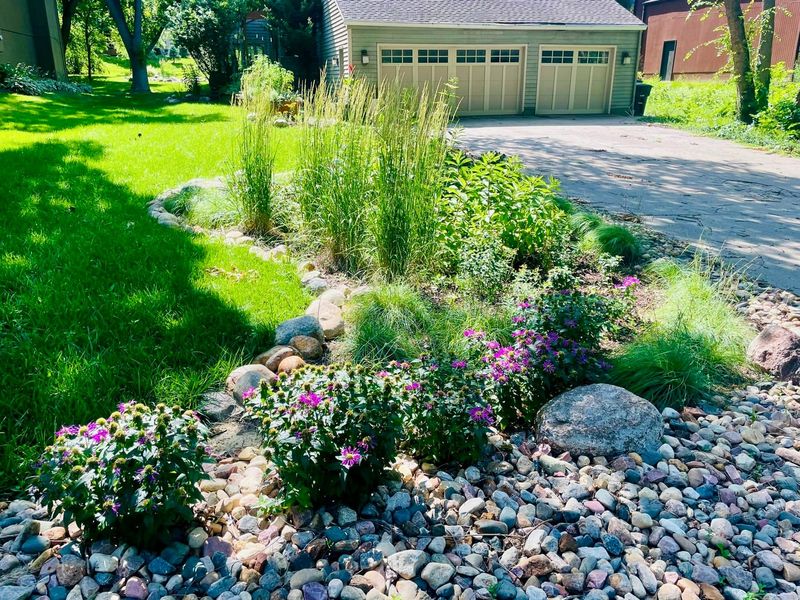
Letting rainwater rush off your property unchecked creates serious environmental problems. Maryland is requiring homeowners to manage stormwater better through rain gardens, dry wells, or collection systems.
New construction already faces strict runoff rules, and existing properties might need retrofits soon. Uncontrolled water carries pollutants and erodes soil.
Installing simple solutions like rain barrels or planted swales helps you comply while reducing water bills and protecting local streams naturally.
9. Wood-Burning Fire Pits And Outdoor Fireplaces
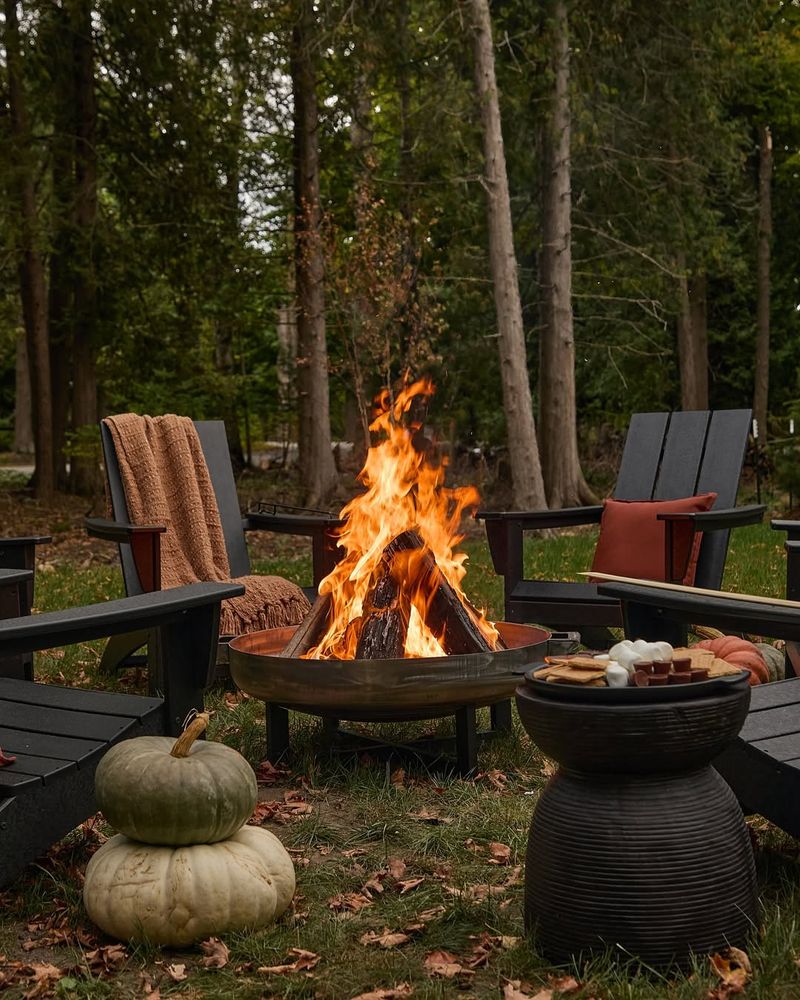
Cozy evenings around crackling fires might face new restrictions due to air quality concerns. Smoke from wood burning releases particles that worsen respiratory problems and contribute to pollution.
Maryland counties are considering seasonal bans or requiring permits for outdoor fire features. Gas-powered alternatives produce less smoke and emissions.
Checking local air quality regulations before installing fire features helps you avoid violations and keeps your outdoor entertaining space legal and enjoyable.
10. Pesticide And Herbicide Applications
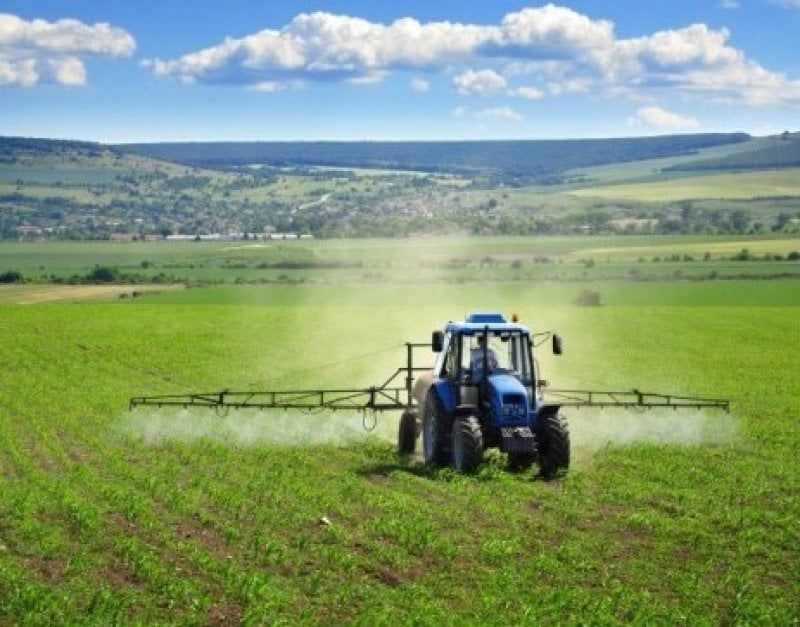
Chemical warfare against weeds and bugs is facing serious scrutiny across Maryland. Pesticides harm beneficial insects like bees and butterflies while contaminating soil and water supplies.
Several counties have banned cosmetic pesticide use on lawns, and statewide restrictions may follow. Professional applicators already face licensing and reporting requirements.
Switching to natural pest control methods and accepting some imperfection in your lawn keeps you compliant and supports healthier ecosystems for everyone.
11. Unregistered Water Features And Ponds

That charming koi pond or fountain might need official approval you didn’t know about. Maryland requires permits for certain water features to prevent mosquito breeding and ensure proper water management.
Stagnant water attracts disease-carrying insects and can impact neighborhood drainage patterns. Authorities are enforcing registration rules more strictly now.
Adding proper circulation, filtration, and getting necessary permits keeps your water feature legal while preventing health hazards and angry visits from code enforcement.
12. Excessive Outdoor Lighting

Lighting up your property like a stadium disrupts wildlife and annoys neighbors trying to sleep. Maryland communities are adopting dark sky ordinances that limit brightness, direction, and hours of outdoor lighting.
Excessive light pollution affects migrating birds, nesting turtles, and nocturnal animals while wasting energy. Motion sensors and downward-facing fixtures offer better alternatives.
Adjusting your lighting now prevents complaints and violations while creating a more peaceful nighttime environment for your entire neighborhood to enjoy.

